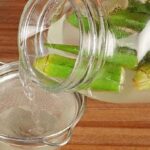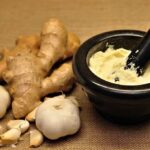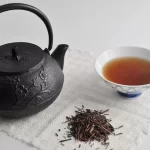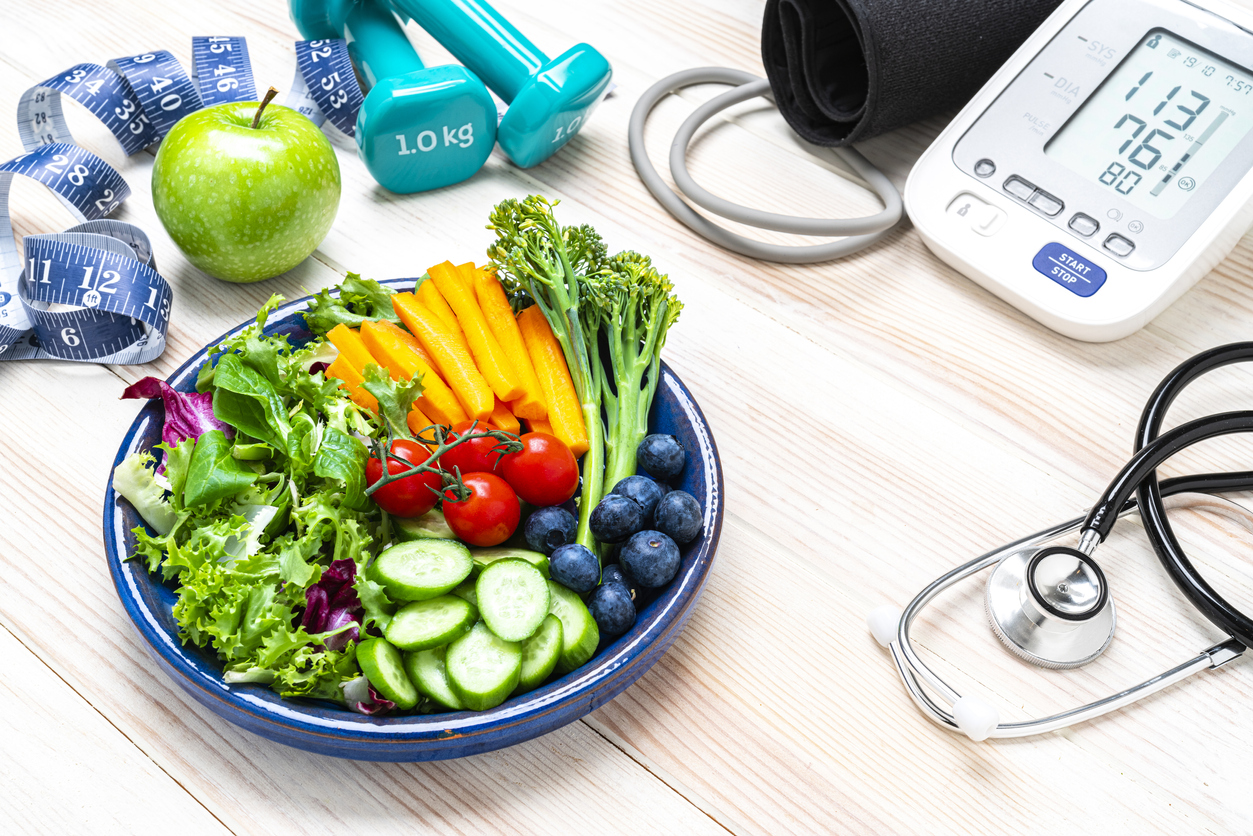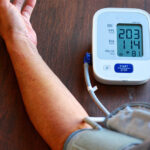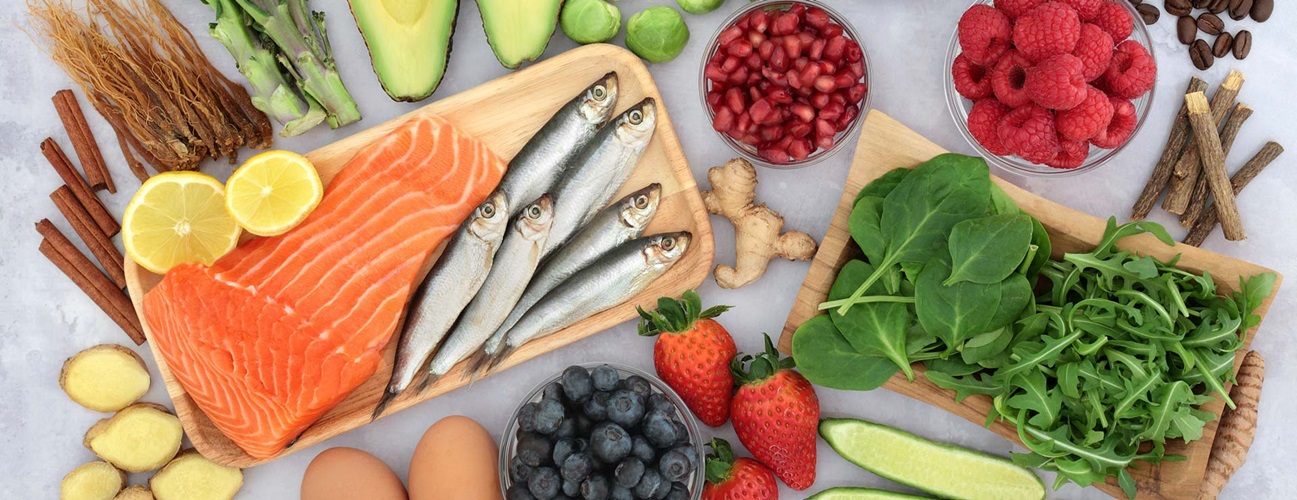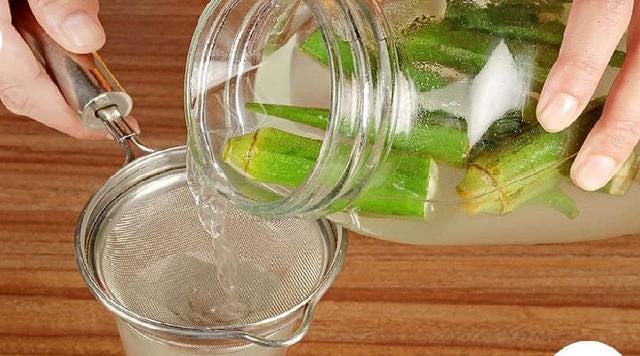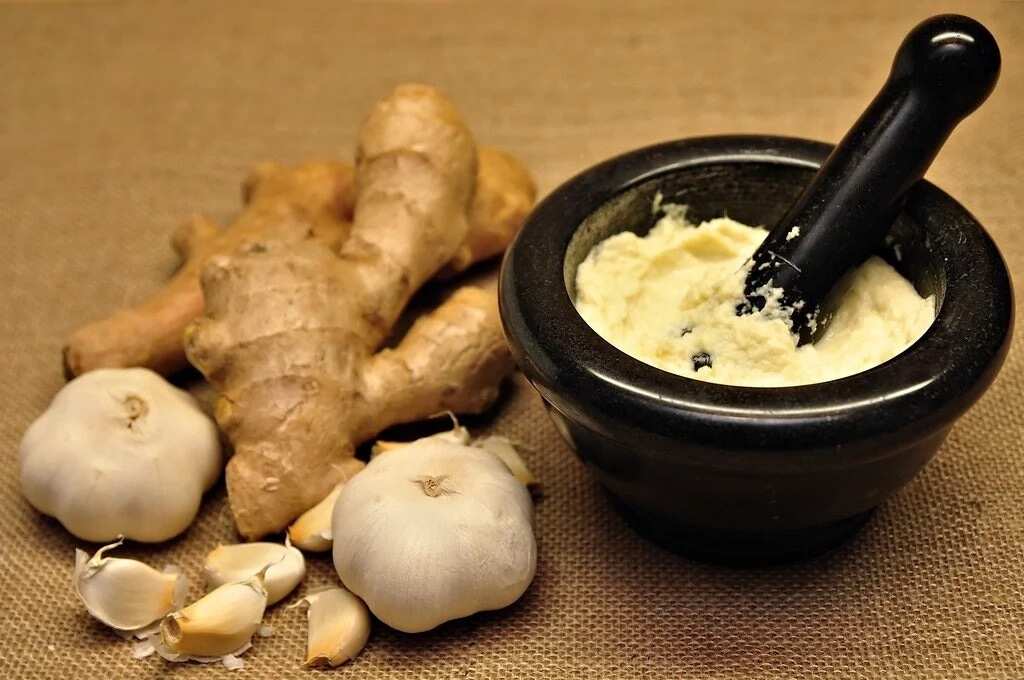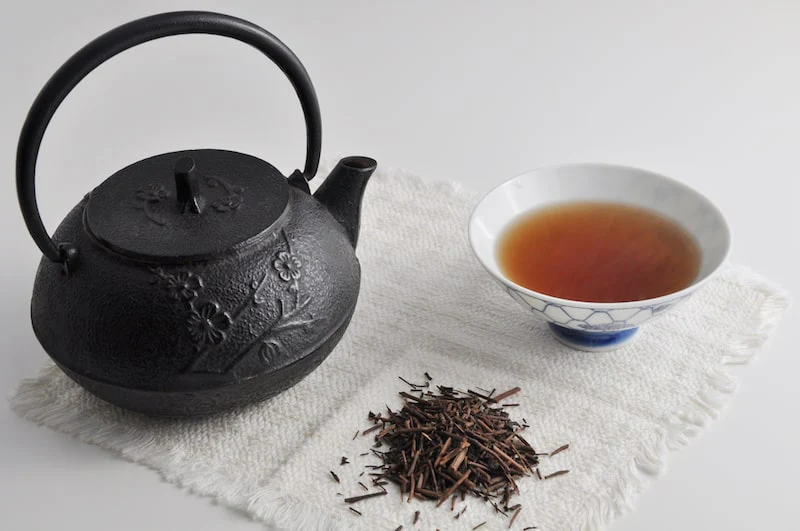Here’s How To Decrease Blood Pressure Naturally
Do you want to know how to decrease blood pressure naturally ? If you find yourself dealing with high blood pressure, it’s natural to question whether medication is the only solution to lower those numbers.
However, it’s important to recognize that your lifestyle choices can wield significant influence in managing this condition.
Taking proactive steps towards a healthier way of living can potentially mitigate, postpone, or even diminish the necessity for medication in controlling your blood pressure.
By prioritizing a wholesome lifestyle, you empower yourself to take charge of your health. Incorporating habits such as maintaining a balanced diet rich in fruits, vegetables, and whole grains, while minimizing sodium intake, can work wonders in regulating blood pressure levels.
Regular physical activity, such as brisk walking or swimming, not only strengthens your heart but also aids in keeping your blood pressure in check.
Additionally, managing stress through relaxation techniques like meditation or deep breathing can contribute to overall well-being and help stabilize blood pressure.
These lifestyle adjustments aren’t merely superficial; they hold the potential to enact profound changes in your health trajectory. By embracing healthy habits, you embark on a journey towards wellness that extends beyond just managing high blood pressure.
It’s about nurturing your body and mind, fostering resilience, and enhancing your quality of life in the long run. So, while medication may have its place in treatment, don’t underestimate the transformative power of lifestyle modifications in safeguarding your health and well-being.
Facts on How To Decrease Blood Pressure Naturally
Lose Extra Pound and watch your waistline
Shedding those extra pounds and keeping an eye on your waistline can make a significant difference in managing your blood pressure. As your weight increases, so does the likelihood of elevated blood pressure, with additional complications such as sleep apnea, which further exacerbates the issue.
Weight loss stands out as one of the most impactful lifestyle changes for blood pressure control. Even a modest reduction in weight can lead to tangible improvements in blood pressure levels.
On average, for every kilogram (about 2.2 pounds) lost, blood pressure may decrease by approximately 1 millimeter of mercury (mm Hg).
Moreover, the circumference of your waist carries crucial importance. Excess weight concentrated around the waistline heightens the risk of high blood pressure.
Men face increased risk if their waist measurement exceeds 40 inches (102 centimeters).
Women face heightened risk if their waist measurement surpasses 35 inches (89 centimeters).
However, it’s worth noting that these benchmarks may vary among different ethnic groups. It’s advisable to consult your healthcare provider to determine a healthy waist measurement tailored to your individual circumstances.
Exercise Regularly
Incorporating regular exercise into your routine serves as a potent tool in managing high blood pressure, with potential reductions ranging from 5 to 8 mm Hg. The key lies not just in initiating physical activity but in maintaining consistency to prevent blood pressure from creeping back up.
Aiming for at least 30 minutes of moderate physical activity daily is a worthwhile target to strive for. This commitment to regular exercise not only aids in lowering existing high blood pressure but also serves as a protective measure against its progression to hypertension.
There’s a diverse array of aerobic exercises that can contribute to blood pressure regulation, including walking, jogging, cycling, swimming, or dancing.
Additionally, high-intensity interval training offers an alternative approach, characterized by alternating short bursts of vigorous activity with periods of lighter exertion.
Strength training, too, plays a significant role in blood pressure management. Integrating strength training exercises into your regimen at least twice a week can yield notable benefits.
Consulting with a healthcare provider to tailor an exercise program to your specific needs and abilities ensures that you embark on a safe and effective fitness journey.
Eat Healthy Diet
Maintaining a healthy diet is like giving your body the best fuel it needs to run smoothly. Think of filling your plate with plenty of whole grains, colorful fruits, and veggies, and choosing low-fat dairy products. These foods are like superheroes that can help lower high blood pressure by as much as 11 points on the blood pressure scale!

Two popular eating plans, the DASH diet and the Mediterranean diet, have proven to be real champions in controlling blood pressure.
They focus on the good stuff—like fresh produce and whole grains—and keep the not-so-good stuff, like saturated fats and cholesterol, to a minimum.
Reduce Salt
Now, let’s talk about potassium. It’s like the sidekick to sodium (salt) in your diet. Potassium helps balance out the effects of sodium on your blood pressure. You can find it naturally in foods like fruits and veggies, which are way better sources than supplements.
Aim for around 3,500 to 5,000 milligrams of potassium each day, and you might see your blood pressure drop by about 4 to 5 points.
Next up, let’s tackle the salt shaker. Even a small reduction in sodium (salt) intake can do wonders for your heart health and lower your blood pressure by around 5 to 6 points. Now, here’s the scoop on sodium: it’s hiding in lots of processed foods, way more than what you’d add while cooking at home.
So, be a detective and check those food labels for low-sodium options. And when you’re cooking, skip the salt and sprinkle on some herbs or spices instead—they’re full of flavor without the extra sodium.
On how to decrease blood pressure naturally, remember, making these small changes in your diet can lead to big improvements in your health. So, let’s load up on those fruits, veggies, and whole grains, and kick high blood pressure to the curb!
Avoid Alcohol
Let’s dive into a few more lifestyle tweaks that can have a big impact on your blood pressure:
Keep an eye on alcohol intake
While a drink every now and then might not seem like a big deal, keeping your alcohol consumption in check can actually make quite a difference. For women, sticking to less than one drink a day, and for men, keeping it under two drinks, can help lower blood pressure by about 4 points on the scale.
Just to clarify, one drink equals 12 ounces of beer, 5 ounces of wine, or 1.5 ounces of 80-proof liquor.
But here’s the catch: too much alcohol can actually cause your blood pressure to spike. It can also mess with the effectiveness of blood pressure medications, so it’s best to stick to the recommended limits.
Kick the smoking habit
You’ve probably heard it before, but it’s worth repeating: smoking is no friend to your blood pressure. Ditching the cigarettes can not only help lower your blood pressure but also slash your risk of heart disease and improve your overall health. Plus, it might just add some extra years to your life!
Embrace quality sleep:
Getting a good night’s sleep isn’t just about feeling refreshed—it’s also crucial for keeping your blood pressure in check. Consistently getting less than six hours of sleep each night can contribute to hypertension. If you’re struggling to snooze, issues like sleep apnea, restless leg syndrome, or plain old insomnia might be to blame.
Talk to your healthcare provider if you’re having trouble catching those Z’s—they can help you pinpoint the problem and find a solution. In the meantime, here are some simple tips to help you snag more restful sleep:
Stick to a sleep schedule: Try to hit the hay and rise at the same time every day, even on weekends.
Create a cozy sleep environment: Keep your bedroom cool, quiet, and dark, and unwind with relaxing activities before bed.
Watch your munchies: Avoid going to bed super hungry or overly full, and steer clear of nicotine, caffeine, and alcohol close to bedtime.
Limit daytime naps: If you’re a fan of daytime siestas, try to keep them short (around 30 minutes) and earlier in the day to avoid disrupting your nighttime sleep.
Reduce Stress
Reducing stress is like giving yourself a big, calming hug— it can have a positive impact on your blood pressure. While we’re still learning about the direct effects of stress reduction techniques on blood pressure, it certainly can’t hurt to take steps to lower your stress levels.
First things first, take a moment to pinpoint what’s causing you stress. It could be anything from work deadlines to family dynamics to health concerns. Once you’ve identified the stressors, try these strategies to dial down the pressure:
Pace yourself: Don’t try to tackle everything at once. Plan out your day, focus on what’s most important, and don’t be afraid to say no when you need to. Giving yourself enough time to get things done can help ease the pressure.
Take control: Focus on the things you can change or influence, and make a game plan to tackle them head-on. Whether it’s addressing issues at work or finding resolutions to conflicts at home, taking proactive steps can help you feel more empowered and less stressed.
Dodge stress triggers: If certain situations or people consistently stress you out, do your best to avoid them when possible. For example, if rush-hour traffic is a nightmare, consider adjusting your commute time or exploring public transportation alternatives.
Carve out relaxation time: Make it a priority to unwind and recharge every day. Whether it’s through deep breathing exercises, enjoying a leisurely stroll, whipping up a delicious meal, or volunteering for a cause you care about, find activities that bring you joy and relaxation.
Cultivate gratitude: Expressing gratitude not only fosters positive feelings but can also help alleviate stress. Take time to appreciate the good things in your life and let others know how much you value them—it’s a simple yet powerful way to cultivate a sense of peace and contentment.
By incorporating these stress-busting strategies into your routine, you’re not just giving your blood pressure a break—you’re also nurturing your overall well-being and resilience in the face of life’s challenges. So, take a deep breath, give yourself permission to unwind, and remember that you’ve got this!
Monitor Your BP at Home Regularly
Keeping tabs on your blood pressure at home and staying on top of regular checkups are like having a personal health team cheering you on from the sidelines. Here’s why:
Home monitoring of your blood pressure gives you the power to track your progress and ensure that the medications and lifestyle changes you’re making are doing their job. Luckily, home blood pressure monitors are readily available, often without needing a prescription.
But before you dive in, it’s always a good idea to have a chat with your healthcare provider to make sure you’re on the right track.
Regular visits to your healthcare provider are equally important. They’re your partners in keeping your blood pressure in check. If your blood pressure is under control, your provider can help you figure out how often you need to check it—maybe just once a day or even less frequently.
Get Support
Now, let’s talk about the importance of having a support system in place. Whether it’s your family, friends, or even a support group, having a network of supportive individuals can make all the difference in your journey to better health.
They might lend a listening ear, drive you to doctor’s appointments, or even join you in starting an exercise routine to keep your blood pressure in check.
And if you’re ever feeling like you need a little extra boost, consider reaching out to a support group. Connecting with others who are going through similar experiences can provide both emotional encouragement and practical tips for managing your condition.
So, don’t hesitate to lean on your support network—they’re there to help you thrive on your path to better health and blood pressure control.
Summarily
Lowering blood pressure naturally often involves a combination of lifestyle changes and incorporating certain herbs into your diet. Here’s a brief overview of some natural methods:
Healthy Diet: Focus on a diet rich in fruits, vegetables, whole grains, and lean proteins. Limiting sodium intake and reducing processed foods can also help.
Regular Exercise: Aim for at least 30 minutes of moderate-intensity exercise most days of the week. Activities like brisk walking, swimming, or cycling can be beneficial.
Maintain a Healthy Weight: Losing excess weight, particularly around the waistline, can significantly lower blood pressure.
Limit Alcohol and Quit Smoking: Reducing alcohol consumption and quitting smoking can lead to improvements in blood pressure.
Manage Stress: Techniques such as deep breathing exercises, meditation, yoga, or tai chi can help reduce stress levels, which in turn can lower blood pressure.
Get Sufficient Sleep: Aim for 7-8 hours of quality sleep each night to support overall health and blood pressure regulation.
Herbal Remedies: Regarding how to decrease blood pressure naturally, some herbs and supplements have shown promise on how to decrease blood pressure naturally. These include:
Garlic: Known for its potential to reduce blood pressure and improve circulation.
Hibiscus: Hibiscus tea has been linked to modest reductions in blood pressure.
Hawthorn: Often used in traditional medicine for heart health, hawthorn may help lower blood pressure.
Olive Leaf: Contains compounds that may help relax blood vessels, leading to lower blood pressure.
Cinnamon: Some studies suggest that cinnamon may have a small effect on reducing blood pressure.
Ginger: Known for its anti-inflammatory properties, ginger may also help lower blood pressure.
While these herbs may offer some benefits, it’s important to consult with a healthcare professional before adding them to your routine, especially if you’re taking medications or have underlying health conditions.
Additionally, natural remedies should complement—not replace—medical treatment prescribed by your healthcare provider.

A graduate of Computer Science and Information Management Technology. Diploma – Caregiving, Certificates – Dementia and Diabetes Awareness and Management. A researcher, blogger, songwriter, singer and acoustic guitarist. Born in an environment where natural talents such as healing are imparted at our natural birth. This natural talents of healing is the result of our genetic inheritance and the training from family environment.


